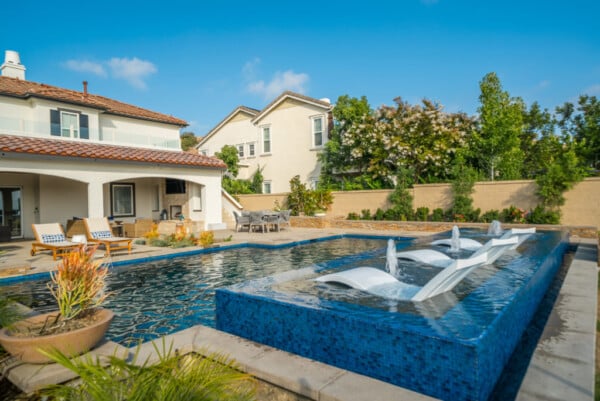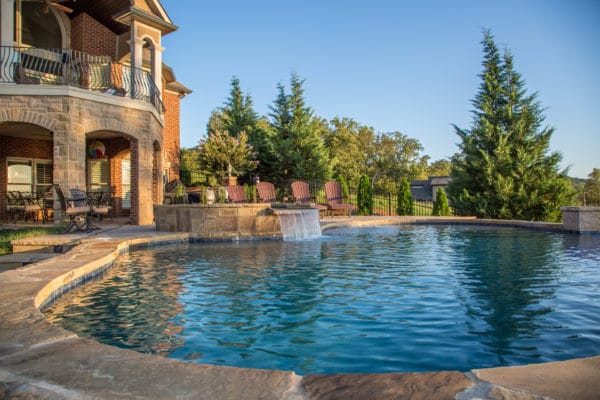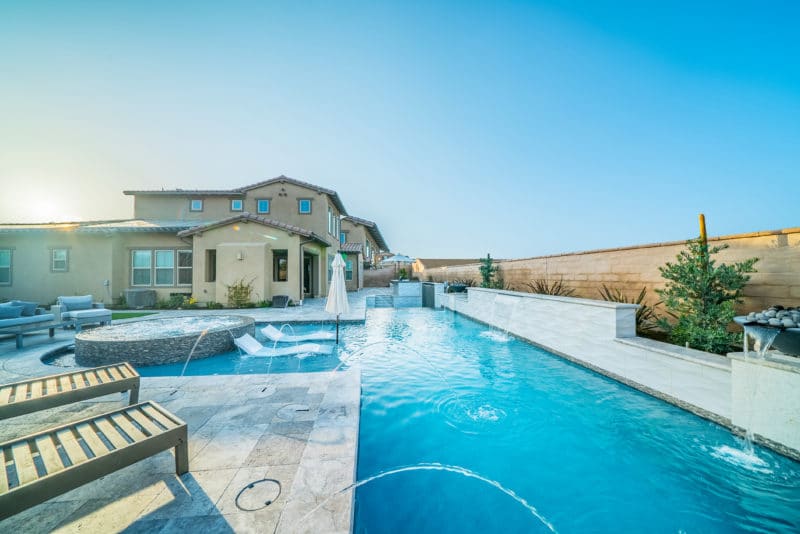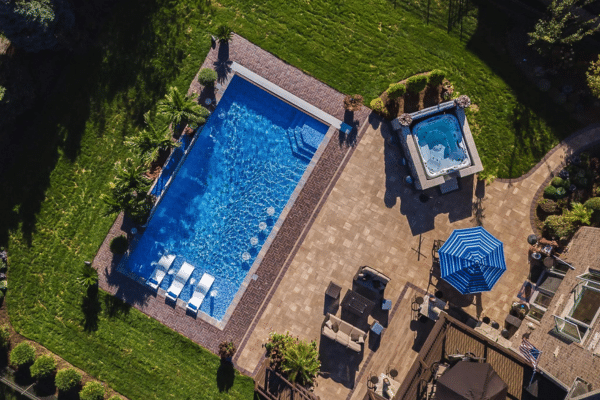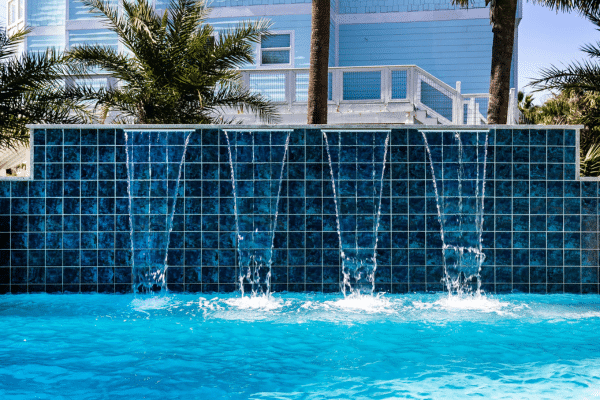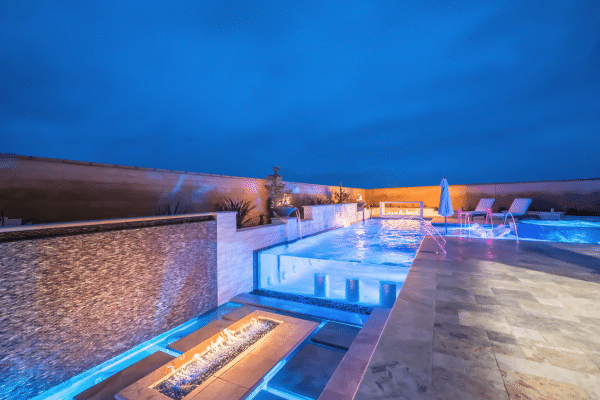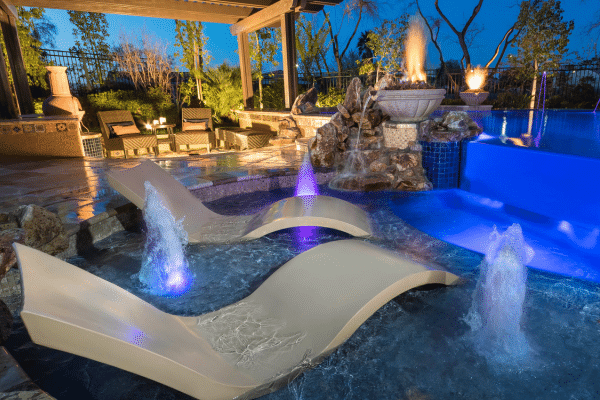The World’s Largest Pool Builder
Founded in 1988, Premier Pools & Spas has a reputation for first-class results within the customer’s budget. PPAS builds and services swimming pools and spas for homeowners across the country.
Each franchise is independently owned and operated.
Inground Pool Builders & Contractors
We know that buying a gunite, vinyl, or fiberglass pool is a huge decision and a major investment. Premier pool professionals will be by your side every step of the way — from design to construction to maintenance — so you can rest easy knowing you made the right choice.
More from the Learning Center
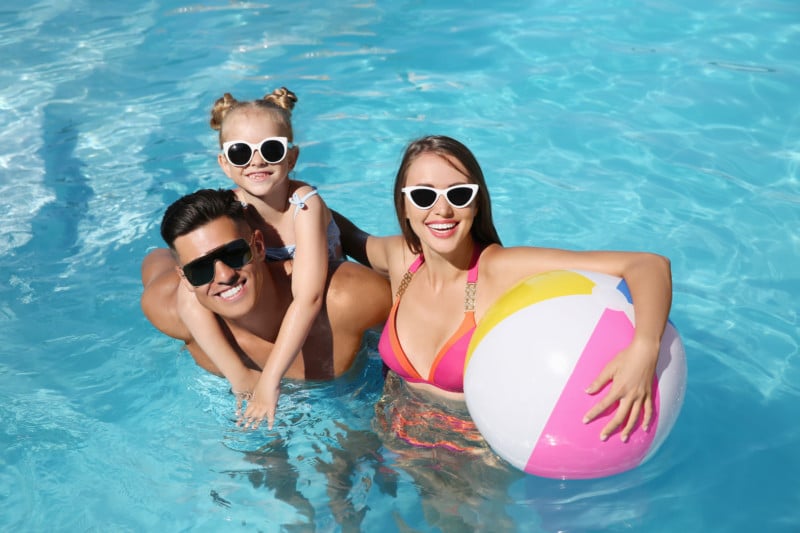
We have been so impressed by our designer and project manager, the efficient work crews, and the end result, that we will gladly refer our friends and relatives wanting new pools or remodels to your company.
Mr. and Mrs. Lou M
Our pool remodel project was made much easier for us by Aaron Temme. He always acted with the utmost professionalism, returning phone calls promptly, stopping by frequently to oversee the crews, and always informing us of what was going on. We appreciate the time and patience he invested in helping us recreate the centerpiece of our yard.
The Barragan Family

Ready to build your dream backyard?

Hi. How can we help you?
A Premier Pools and Spas expert is available to answer your questions.




